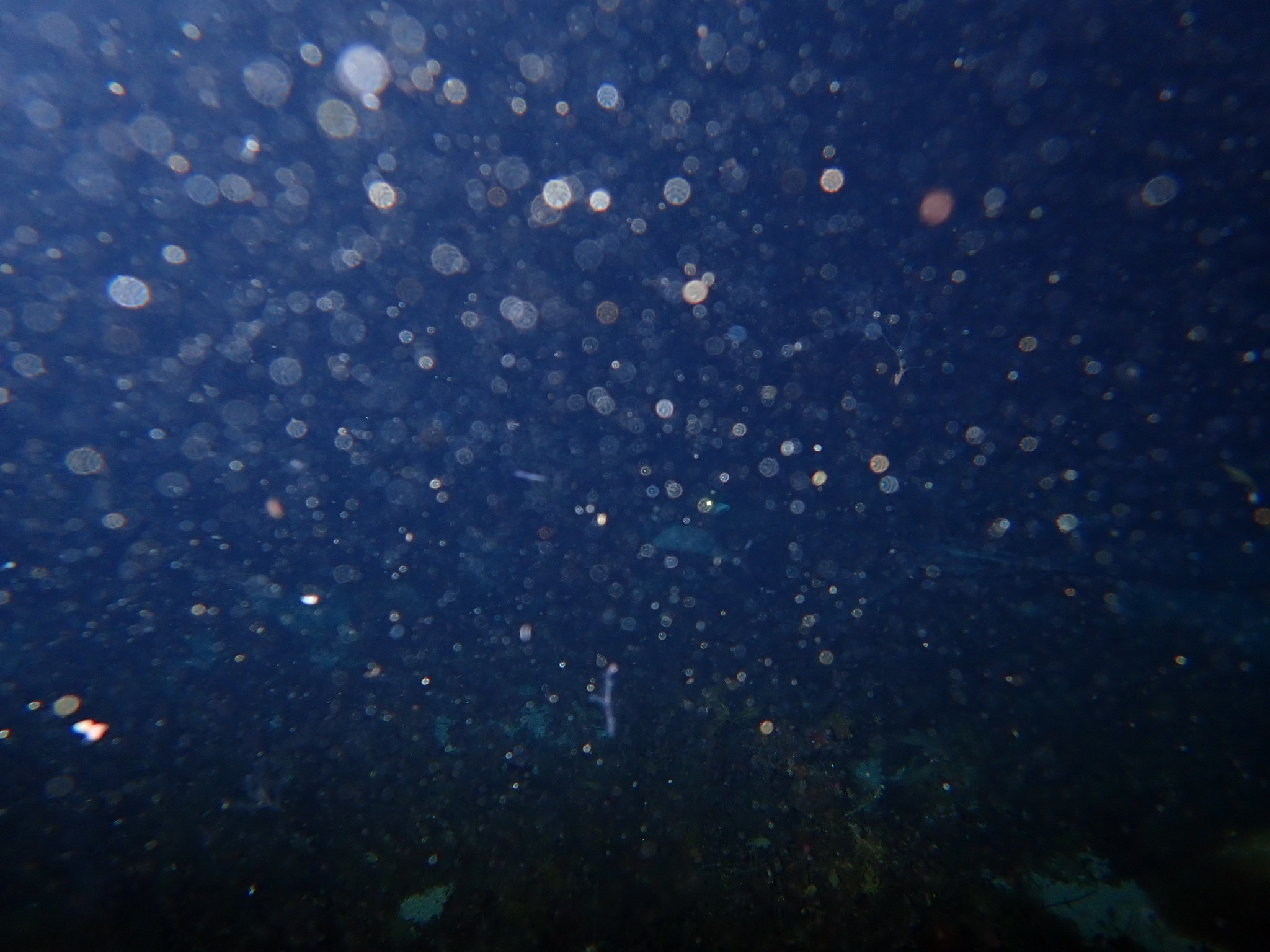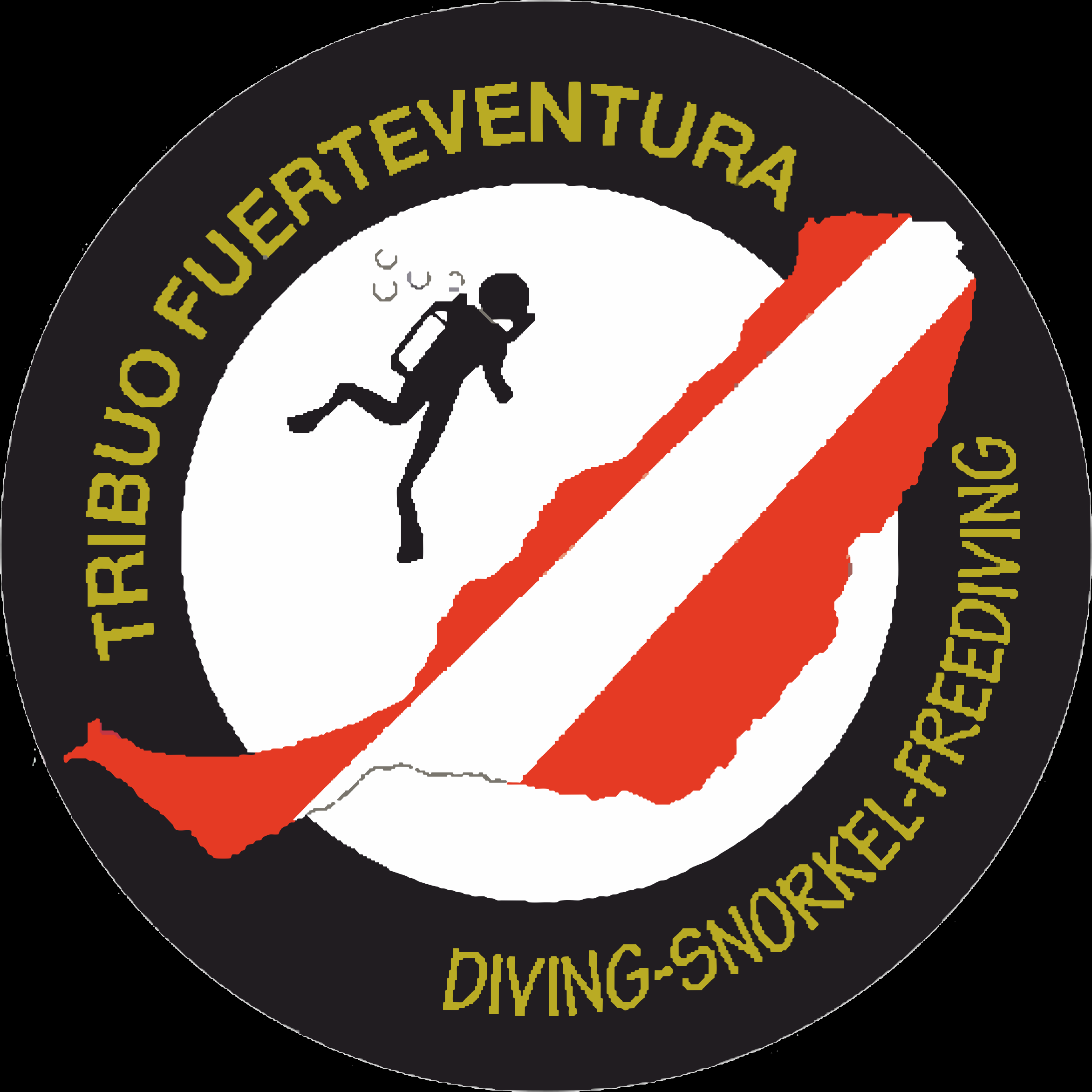WHY DO I FEEL CLAUSTROPHOBIC WHILE DIVING?

Claustrophobia, the irrational fear of confined spaces, can be a significant challenge for many people, especially in activities like diving. Although diving is typically associated with the freedom and exploration of the vast ocean, it can paradoxically trigger feelings of claustrophobia in some divers. Understanding the reasons behind these feelings can help manage them better and allow for a full enjoyment of the underwater experience.
Factors Contributing to Claustrophobia in Diving
Confined Environment:
Despite the vastness of the ocean, the diving experience can feel confined due to the equipment and the need to follow specific rules and procedures. Wearing a mask, regulator, and air tank can create a sense of restriction, potentially triggering claustrophobia.
Limited Visibility:
Underwater visibility varies depending on conditions and location. In murky or low-light waters, the inability to see clearly can increase anxiety and fear of confined spaces.
Feeling of Vulnerability:
Being underwater means being in an environment where humans are not naturally adapted. The reliance on specialized equipment for breathing and the need to constantly monitor air consumption can make some people feel vulnerable and trapped.
Lack of Control:
The inability to move freely as on the surface can be unsettling. Buoyancy and movement control underwater require practice and skill, and the feeling of not having complete control over one's body can be distressing for some.
How to Manage Claustrophobia While Diving
Education and Preparation:
Taking a comprehensive diving course can help reduce anxiety. Knowing the equipment, diving techniques, and safety procedures increases confidence and reduces fear of the unknown.
Practice in Pools:
Before venturing into the ocean, practicing in a pool can be beneficial. A controlled environment allows familiarization with the equipment and diving sensations without the added stress of the open sea.
Breathing and Relaxation:
Deep breathing techniques and relaxation exercises can be useful for managing anxiety. Maintaining slow and steady breathing helps to stay calm and reduce the feeling of panic.
Diving with a Trusted Buddy:
Diving with someone you trust can provide significant emotional support. An experienced buddy can offer help and reassurance, reducing fear and anxiety.
Gradual Progression:
Starting with simple and shallow dives and gradually moving to more complex dives allows for a gradual adjustment to the environment, reducing the feeling of claustrophobia.
Open Communication:
Talking about fears and concerns with the instructor or dive buddy is crucial. Good communication allows for the necessary support and adjustments to dives according to personal needs.
Conclusion
Claustrophobia while diving is a common experience that many can overcome with proper preparation and support. Understanding the underlying causes and applying strategies to manage anxiety can transform an initially terrifying experience into an exciting and rewarding adventure. Diving is a window into the underwater world, full of wonders and discoveries, and with the right approach, anyone can enjoy it to the fullest.
Factors Contributing to Claustrophobia in Diving
Confined Environment:
Despite the vastness of the ocean, the diving experience can feel confined due to the equipment and the need to follow specific rules and procedures. Wearing a mask, regulator, and air tank can create a sense of restriction, potentially triggering claustrophobia.
Limited Visibility:
Underwater visibility varies depending on conditions and location. In murky or low-light waters, the inability to see clearly can increase anxiety and fear of confined spaces.
Feeling of Vulnerability:
Being underwater means being in an environment where humans are not naturally adapted. The reliance on specialized equipment for breathing and the need to constantly monitor air consumption can make some people feel vulnerable and trapped.
Lack of Control:
The inability to move freely as on the surface can be unsettling. Buoyancy and movement control underwater require practice and skill, and the feeling of not having complete control over one's body can be distressing for some.
How to Manage Claustrophobia While Diving
Education and Preparation:
Taking a comprehensive diving course can help reduce anxiety. Knowing the equipment, diving techniques, and safety procedures increases confidence and reduces fear of the unknown.
Practice in Pools:
Before venturing into the ocean, practicing in a pool can be beneficial. A controlled environment allows familiarization with the equipment and diving sensations without the added stress of the open sea.
Breathing and Relaxation:
Deep breathing techniques and relaxation exercises can be useful for managing anxiety. Maintaining slow and steady breathing helps to stay calm and reduce the feeling of panic.
Diving with a Trusted Buddy:
Diving with someone you trust can provide significant emotional support. An experienced buddy can offer help and reassurance, reducing fear and anxiety.
Gradual Progression:
Starting with simple and shallow dives and gradually moving to more complex dives allows for a gradual adjustment to the environment, reducing the feeling of claustrophobia.
Open Communication:
Talking about fears and concerns with the instructor or dive buddy is crucial. Good communication allows for the necessary support and adjustments to dives according to personal needs.
Conclusion
Claustrophobia while diving is a common experience that many can overcome with proper preparation and support. Understanding the underlying causes and applying strategies to manage anxiety can transform an initially terrifying experience into an exciting and rewarding adventure. Diving is a window into the underwater world, full of wonders and discoveries, and with the right approach, anyone can enjoy it to the fullest.
